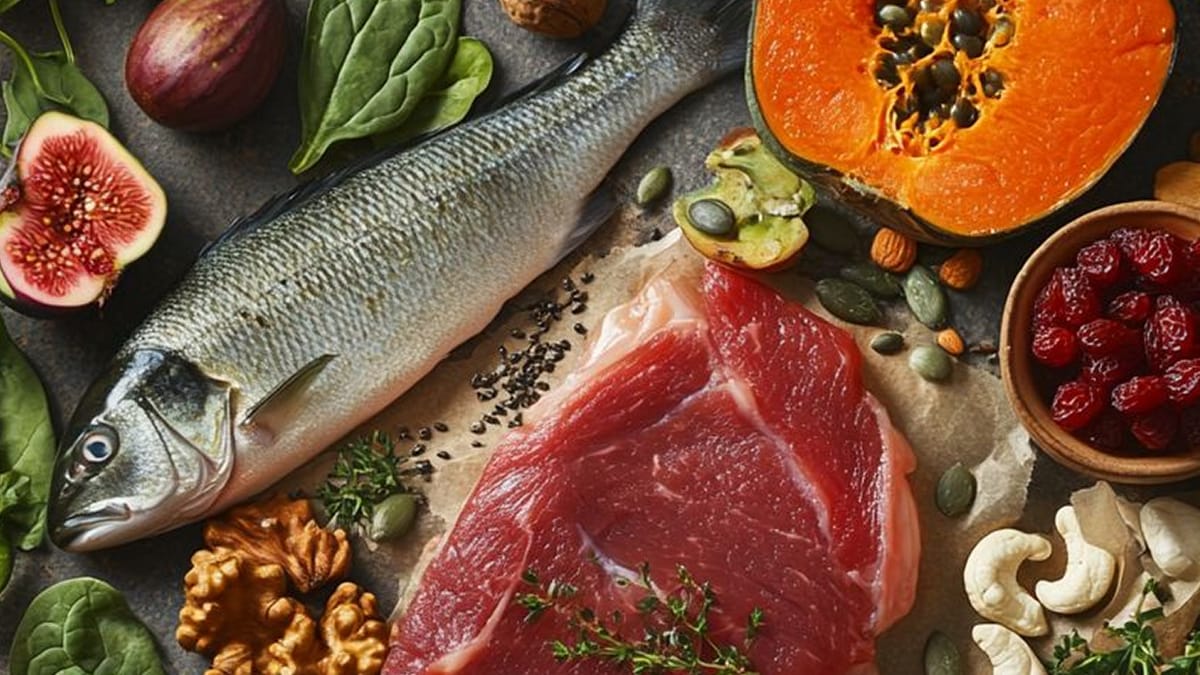The Ultimate Guide to High Protein Low Calorie Foods You Can Eat Every Day
If you are serious about losing weight, building lean muscle, or simply living a healthier lifestyle, high protein low calorie foods should be the foundation of your diet. Why? Because they allow you to eat more, feel fuller, and burn fat without the constant fear of overeating.
The Ultimate Guide to High Protein Low Calorie Foods You Can Eat Every Day
Nutrition experts from Harvard Medical School and the American Journal of Clinical Nutrition consistently emphasize one powerful truth: protein is the most effective nutrient for satiety and fat loss. Eating high protein low calorie foods daily can transform your energy levels, protect muscle mass during weight loss, and keep cravings under control.
This ultimate guide will reveal exactly which foods to eat, how to prepare them, and how they can help you beat hunger, fuel your workouts, and shed pounds without misery.
Why High Protein Low Calorie Foods Are the Key to Success
Too many diets fail because they are based on restriction and bland meals. This creates hunger, frustration, and eventually, relapse. But when you prioritize protein while keeping calories in check, you unlock a hidden advantage:
You burn more calories digesting protein (thermic effect).
You feel satisfied for longer, preventing dangerous cravings.
You preserve lean muscle, which is crucial for long-term fat loss.
You can enjoy bigger portions without the guilt of overeating.
The secret isn’t starving yourself, but eating smarter. Let’s explore the best high protein low calorie foods you can enjoy every day.
Top Animal-Based High Protein Low Calorie Foods
Chicken Breast – A classic choice, skinless chicken breast packs 31g of protein per 165 calories. Perfect for grilling, baking, or stir-frying.
Turkey Breast – Leaner than chicken, it offers high protein with very little fat, making it a weight-loss hero.
Egg Whites – Nearly pure protein with only 17 calories per white, ideal for omelets or adding volume to meals.
White Fish (Cod, Tilapia, Haddock) – Low in fat, high in protein, and only about 90 calories per serving.
Shrimp – Light, tasty, and protein-packed with minimal calories.
Lean Beef Cuts (Sirloin, Tenderloin) – High protein and nutrient-dense without excessive calories if portioned right.
Bison Meat – Leaner than beef, rich in protein, iron, and essential amino acids.
Non-Fat Greek Yogurt – Creamy and filling with 10g protein per 100g serving.
Cottage Cheese (Low-Fat) – Slow-digesting casein protein, perfect as a late-night snack.
Low-Fat Milk or Kefir – A protein-rich dairy option that supports muscle recovery.
Top Plant-Based High Protein Low Calorie Foods
Tofu – Adaptable and light, tofu delivers a great protein boost for stir-fries, soups, or grills.
Tempeh – Higher in protein than tofu and naturally fermented for gut health.
Lentils – A budget-friendly source of plant protein, fiber, and essential minerals.
Chickpeas – Ideal for salads, roasted snacks, or hummus spreads.
Edamame – A snack-worthy protein food that is filling and calorie-conscious.
Black Beans – High in protein and fiber, great for soups and veggie bowls.
Quinoa – A complete plant protein grain that balances carbs and amino acids.
Seitan – Known as “wheat meat,” it is high in protein and low in fat.
Peas – Simple, affordable, and surprisingly rich in protein.
Pumpkin Seeds – Rich in protein and healthy fats, best consumed in moderation.
How to Eat High Protein Low Calorie Foods Every Day Without Getting Bored
Many people quit diets because of monotony. But with some creativity, you can enjoy variety without straying off track.
Rotate Protein Sources: Mix chicken, fish, beans, and tofu across the week.
Experiment with Spices and Herbs: Flavor without adding calories.
Use Cooking Tools: Air fryers, steamers, and slow cookers make healthy cooking faster and tastier.
Pair with Vegetables: Combine protein with high-fiber veggies to double satiety.
Snack Smarter: Replace chips and cookies with Greek yogurt, roasted chickpeas, or boiled eggs.
The key is not deprivation, but variety and enjoyment.
3 Critical Mistakes to Avoid When Eating High Protein Low Calorie Foods
Drowning Protein in Sauces – Adding heavy dressings or frying in oil ruins the low-calorie advantage.
Neglecting Other Nutrients – You still need healthy fats and complex carbs for balance.
Overeating “Healthy” Snacks – Even low-calorie foods can stall weight loss if eaten in excess.
Frequently Asked Questions (FAQ)
What are the easiest high protein low calorie foods for beginners?
Start with chicken breast, Greek yogurt, egg whites, and lentils. They are simple, affordable, and versatile.
Can I build muscle with high protein low calorie foods?
Yes, as long as you meet your total protein needs. Pair with resistance training for best results.
How much protein should I eat daily?
Experts suggest 0.7 to 1 gram of protein per pound of body weight for weight loss and muscle preservation.
Are protein shakes a good option?
Absolutely. Whey or plant-based protein powders provide a quick, convenient, and calorie-controlled boost.
What snacks are best for cravings?
Edamame, cottage cheese, beef jerky, and roasted chickpeas are all high protein and low calorie.
Do high protein low calorie foods help prevent weight regain?
Yes, they help maintain muscle and metabolism, making it easier to sustain your weight loss.
What kitchen tools are best for meal prep?
Air fryers, blenders, food processors, and slow cookers make preparing protein-rich meals quick and easy.
Final Thoughts
High protein low calorie foods are the real secret to effortless fat loss and long-term health. They fuel your body, keep cravings at bay, and make dieting less of a struggle.
Remember these 3 tips every day:
Build each meal around a high protein low calorie option.
Stay consistent, even when results seem slow.
Combine protein with whole foods and smart cooking techniques for lasting success.
Reference & Additional Reading
Inspired by studies and insights from:
www.health.harvard.edu
www.menshealth.com
www.healthline.com/fitness/exercise
www.womenshealthmag.com
https://www.ncbi.nlm.nih.gov/

